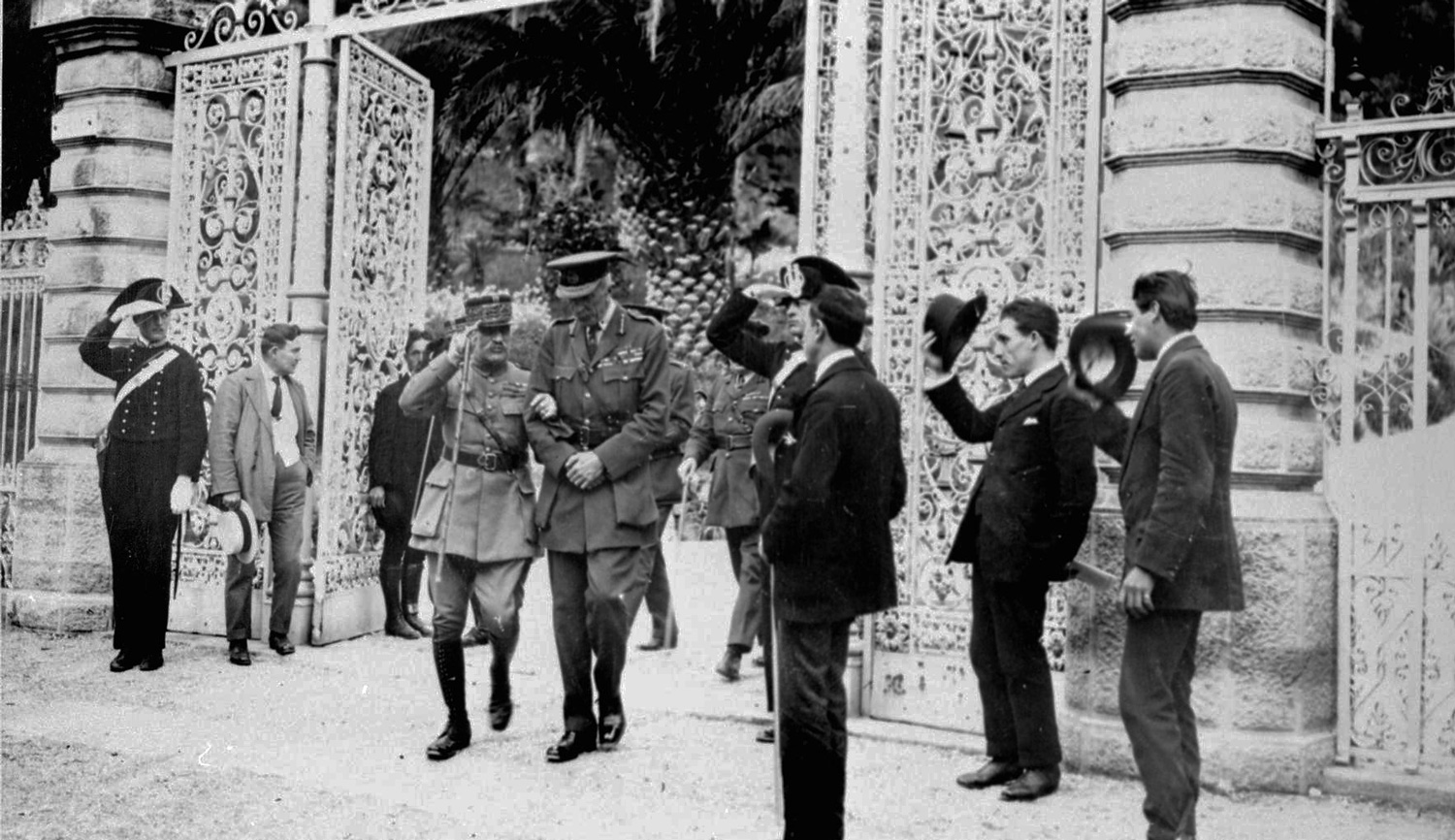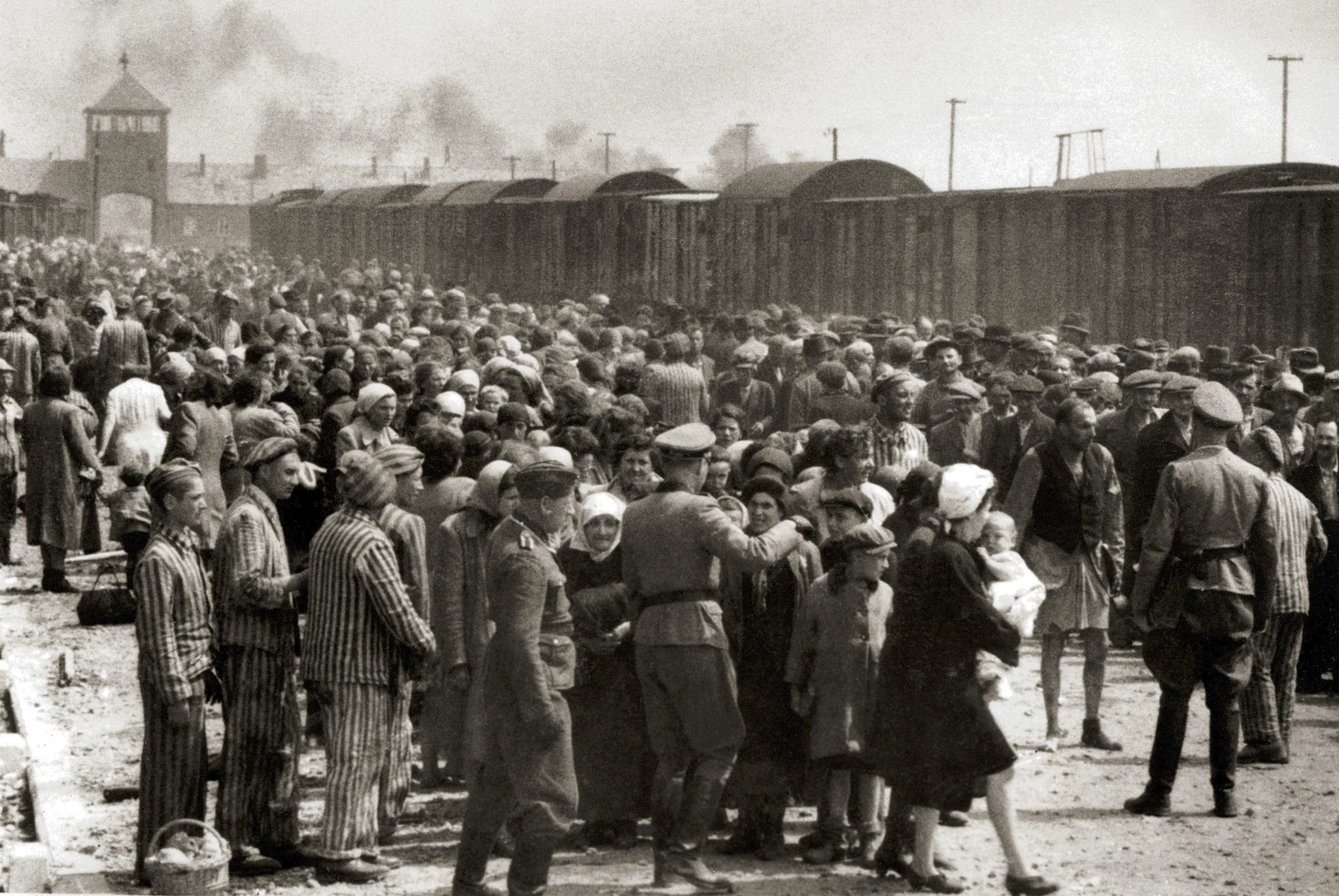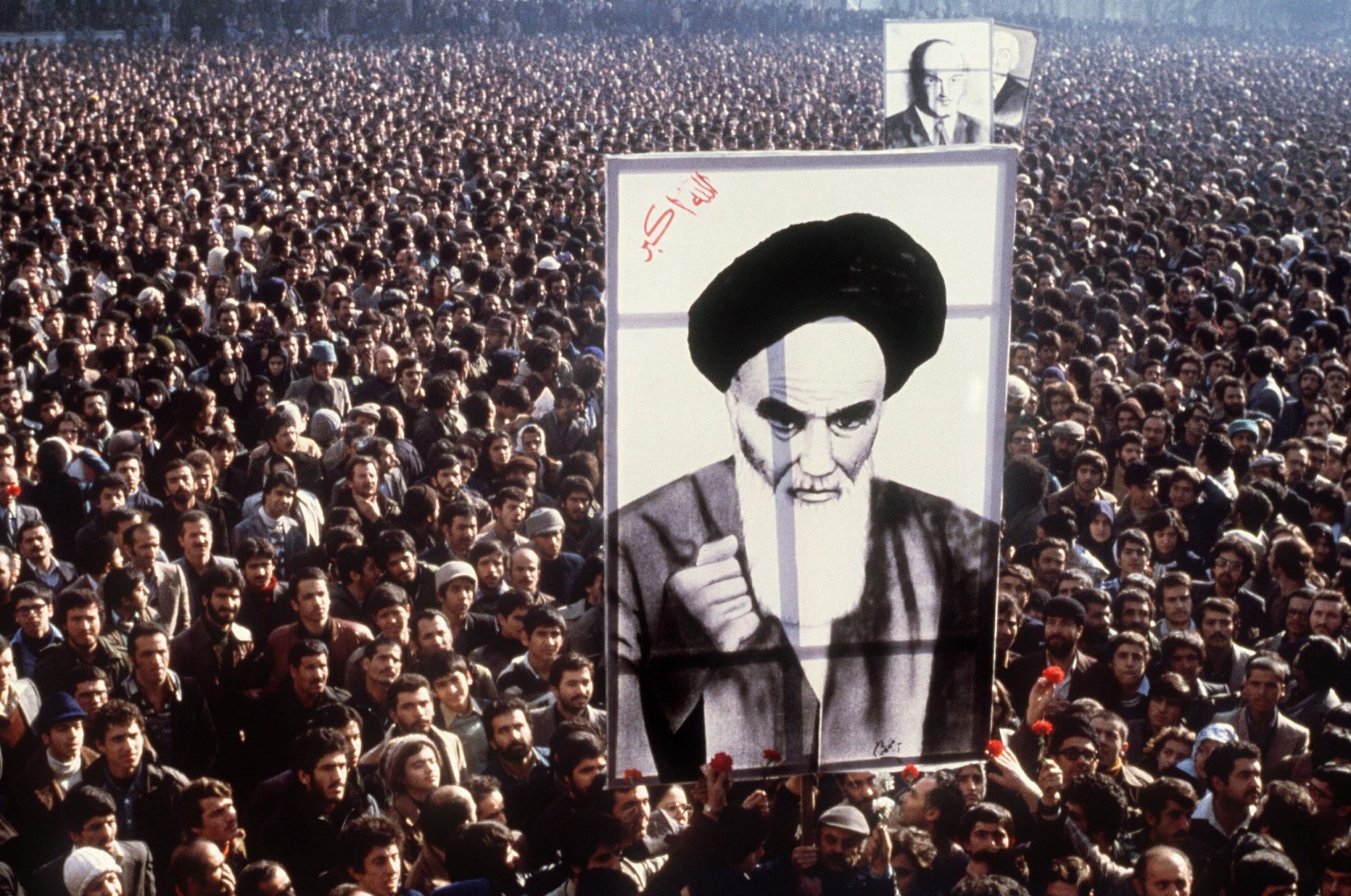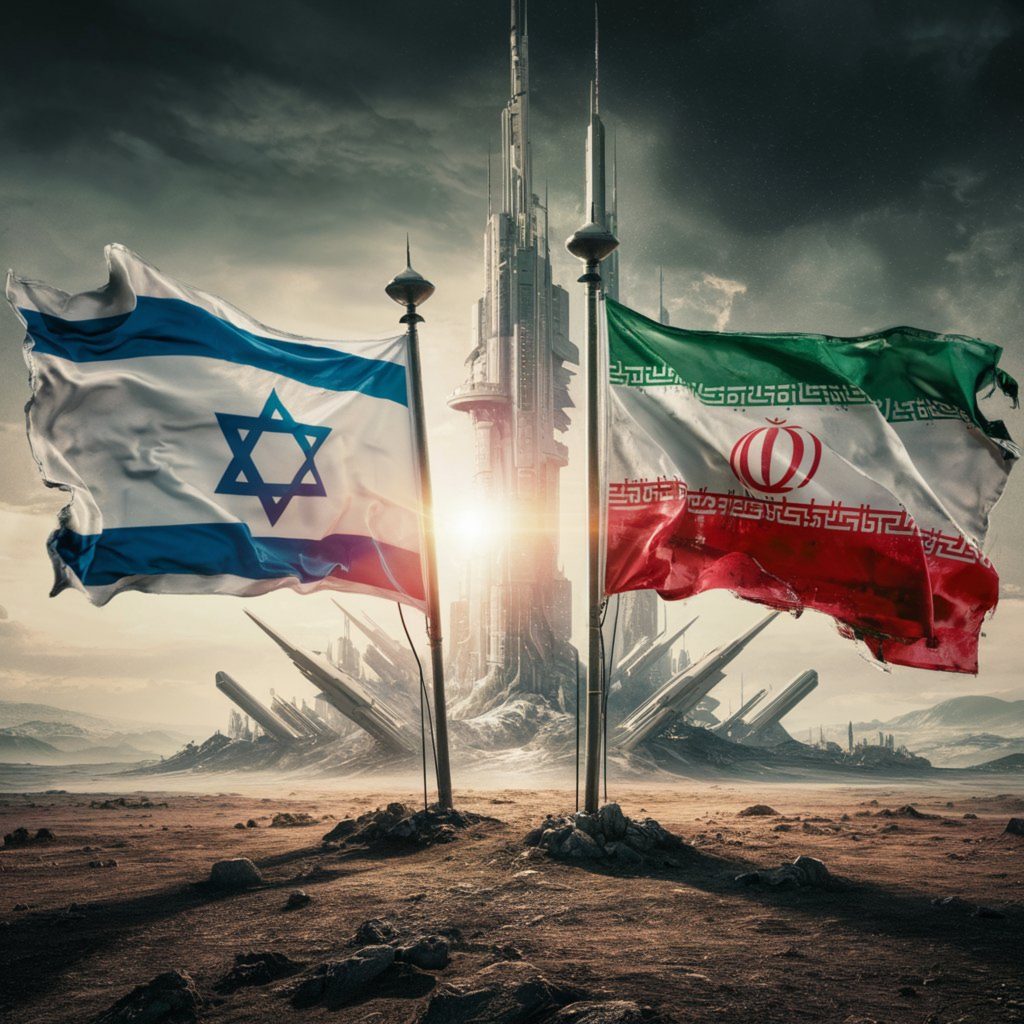
A Historical Perspective
The ongoing Iran Israel conflict history is one of the most complex geopolitical disputes in modern history. While tensions between these two nations have escalated dramatically in recent years, the root of the hostility dates back to the aftermath of the Second World War and the Jewish struggle for a homeland. To understand the Iran Israel conflict history, one must delve into the historical narrative of the Middle East, the establishment of Israel, and the evolving regional dynamics.
Jewish Struggle for a Homeland: Pre-WWII Context
The origins of the Jewish struggle for a homeland can be traced back to the late 19th and early 20th centuries, during the rise of Zionism. Zionism, led by figures like Theodor Herzl, was a movement advocating for the establishment of a Jewish state in response to centuries of persecution faced by Jews in Europe and elsewhere. The desired location for this homeland was Palestine, an ancient Jewish territory under Ottoman rule at the time, with a significant Arab population.

Image Credits: https://mosaicmagazine.com/
During World War I, the Balfour Declaration of 1917 further complicated the matter. Issued by the British government, it expressed support for the establishment of a “national home for the Jewish people” in Palestine, a promise that conflicted with Britain’s earlier promises to Arab leaders regarding independence. This laid the groundwork for future tensions in the region.
Post-WWII and the Creation of Israel
The aftermath of World War II and the Holocaust, in which six million Jews were murdered by Nazi Germany, accelerated calls for a Jewish homeland. The global sympathy for Jewish survivors of the Holocaust and the plight of displaced Jewish communities put pressure on the international community to act. In 1947, the United Nations proposed the Partition Plan, which sought to divide Palestine into separate Jewish and Arab states, with Jerusalem as an international city.

Image Credits: https://en.wikipedia.org/
While Jewish leaders accepted the plan, Arab leaders rejected it, leading to the 1948 Arab-Israeli War. On May 14, 1948, Israel declared its independence. Almost immediately, neighboring Arab states, including Egypt, Jordan, Iraq, Syria, and Lebanon, launched an attack on the newly formed Jewish state. Despite being outnumbered, Israel managed to secure a victory, but the war left deep scars in the region, particularly among the displaced Palestinian population, many of whom became refugees.
The Emergence of Iran as a Regional Power
At the time of Israel’s creation, Iran had a very different stance. Under the rule of the Shah of Iran, Mohammad Reza Pahlavi, Iran became one of the few Muslim-majority countries to recognize Israel. The two nations maintained diplomatic and economic ties, largely driven by shared opposition to Arab nationalism and Soviet influence during the Cold War. Iran’s relations with Israel remained largely pragmatic during this period, but this dynamic would change dramatically after the Islamic Revolution of 1979.

Image Credits:https://iari.site/
The Islamic Revolution and Shifts in Iranian Foreign Policy
The Islamic Revolution of 1979 was a turning point in Iran’s history and its relationship with Israel. The overthrow of the Shah and the rise of Ayatollah Khomeini established Iran as an Islamic republic with a theocratic leadership. Khomeini’s regime was fiercely anti-Western and opposed to Israel’s existence. Israel was viewed as an illegitimate, Western-imposed state, representing a colonial outpost in the heart of the Muslim world. Iran’s new leadership aligned itself with the Palestinian cause, becoming a staunch supporter of groups such as Hezbollah in Lebanon and Hamas in Gaza, both of which are committed to Israel’s destruction.
The ideological basis for this enmity was rooted in the belief that Israel, as a Jewish state, was an occupying force in the Islamic world. Iran’s revolutionary leaders saw the liberation of Palestine as a religious duty and an essential part of their broader struggle against Western imperialism. This shift in Iran’s foreign policy marked the beginning of its deep-seated opposition to Israel.
Geopolitical Rivalries: Iran's Regional Ambitions and Israel's Security Concerns
In the decades following the Islamic Revolution, the Middle East saw the emergence of Iran and Israel as two major regional powers, both vying for influence in a turbulent landscape. While Israel focused on its security amid threats from neighboring Arab states, Iran sought to expand its influence in the region through proxy forces and alliances with non-state actors, often hostile to Israel.
Iran’s nuclear ambitions further complicated this dynamic. Israel perceives a nuclear-armed Iran as an existential threat, given the rhetoric from Tehran calling for the destruction of the Jewish state. Over the years, Israel has taken a proactive approach to counter Iran’s influence, including military strikes on Iranian targets in Syria and covert operations to sabotage Iran’s nuclear program.
On the other hand, Iran views Israel as a barrier to its goal of regional dominance and a proxy for American interests. Iran’s support for groups like Hezbollah, which operates along Israel’s northern border, reflects its strategy of surrounding Israel with hostile forces.
The Role of the Palestinian Conflict
The ongoing Israeli-Palestinian conflict remains a central issue in the Iran-Israel rivalry. Iran positions itself as a defender of the Palestinian cause, providing financial and military support to groups that oppose Israel’s existence. This serves to bolster Iran’s image as a leader of the Islamic world and deepen the ideological divide between itself and Israel.

Image Credits:https://www.cfr.org/
For Israel, the Palestinian conflict represents both a political and security challenge. While Israel has made peace with several Arab states through the Abraham Accords, Iran’s continued hostility and its influence over Palestinian militant groups like Hamas keep the conflict alive.
Iran-Israel Tensions in the Broader Context of Middle East Politics
The Iran-Israel conflict cannot be viewed in isolation; it is part of the broader geopolitical struggle in the Middle East. Countries like Saudi Arabia, which see Iran as a regional adversary, have increasingly aligned themselves with Israel in an effort to counter Iranian influence. This shift is exemplified by recent normalization agreements between Israel and several Arab nations, which have further isolated Iran.
At the same time, the rivalry between Sunni Saudi Arabia and Shia Iran has deepened sectarian divisions across the region, with Israel positioning itself as a natural ally to Sunni states that oppose Iranian hegemony.

A Conflict Rooted in History, Ideology, and Power Politics!
The Iran-Israel conflict is deeply rooted in historical grievances, religious ideologies, and geopolitical power struggles. What began as a clash over the creation of a Jewish homeland has evolved into a broader regional conflict, shaped by Iran’s revolutionary zeal and Israel’s quest for security. With both nations determined to assert their influence in the Middle East, the rivalry between Iran and Israel shows no signs of abating, as each continues to view the other as a fundamental threat to its existence.
The road to peace remains elusive, as the ideological divide, coupled with strategic interests, ensures that Iran and Israel will remain locked in a bitter struggle for years to come.
IS360 Can be Reached at
Sharing is caring!

